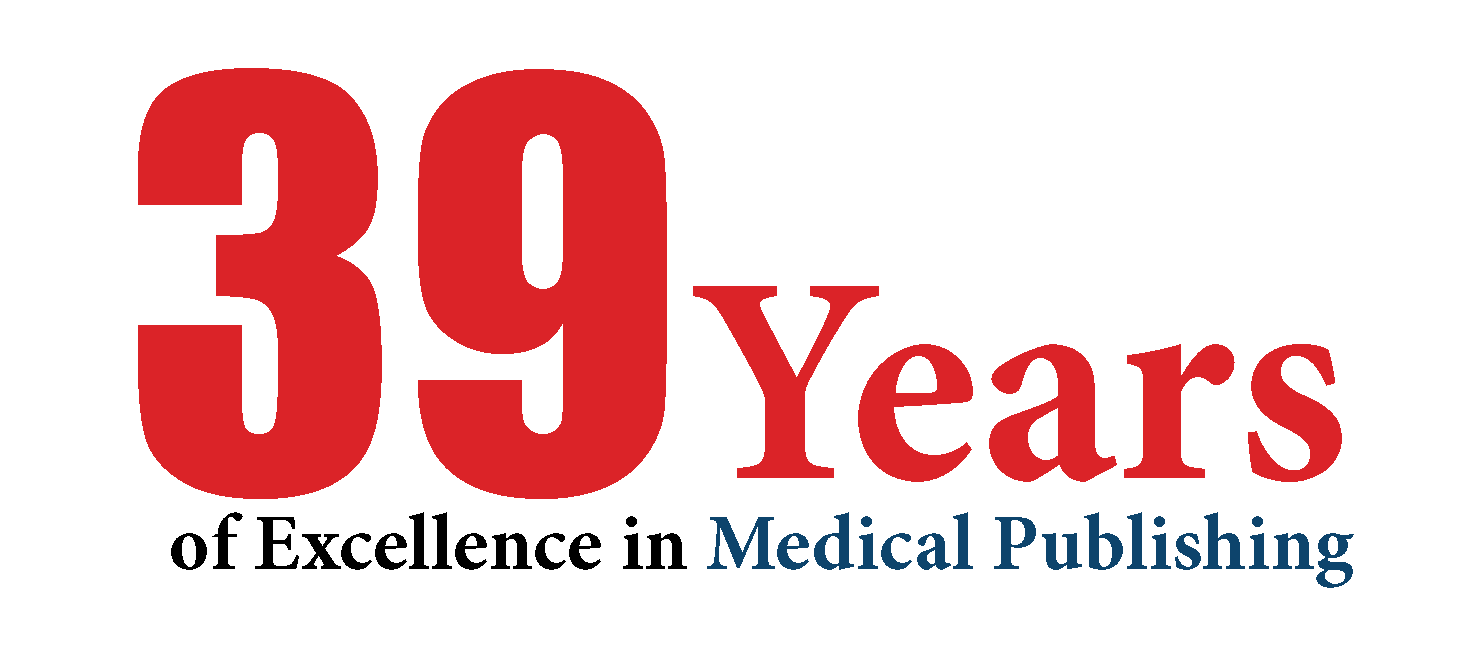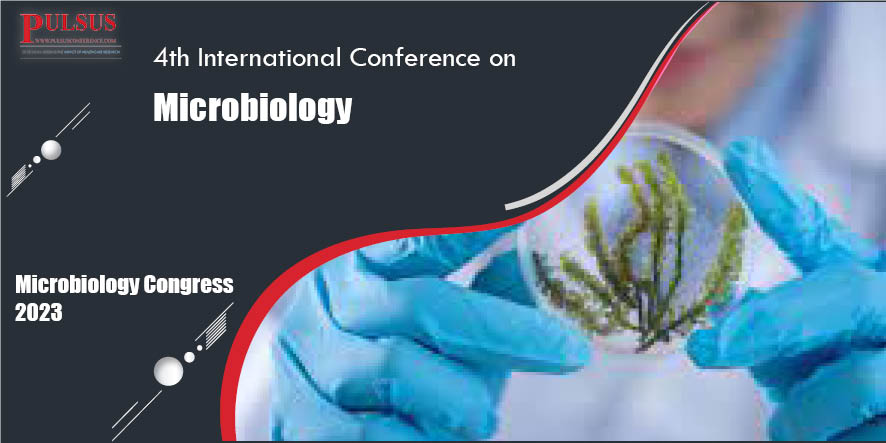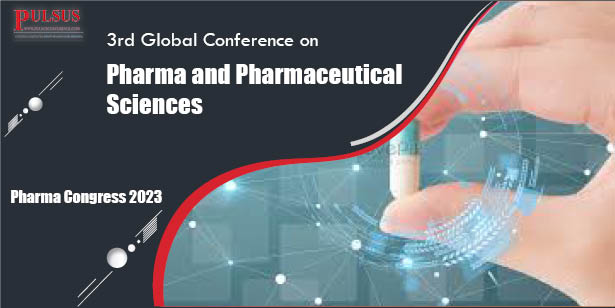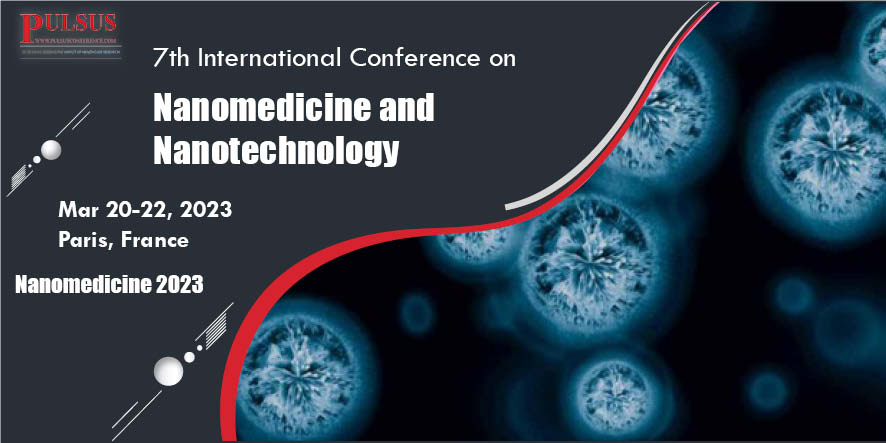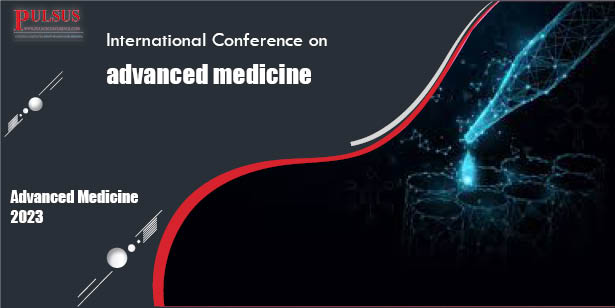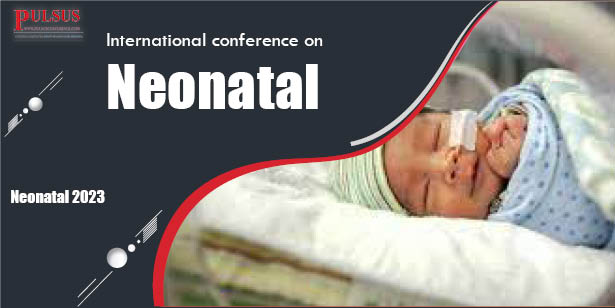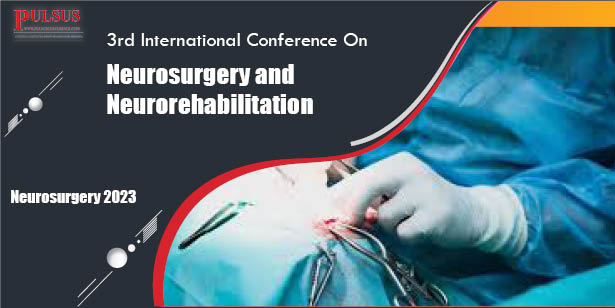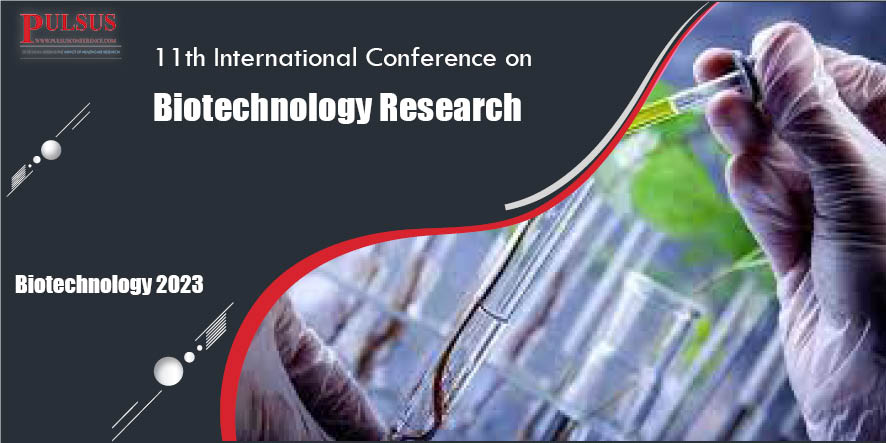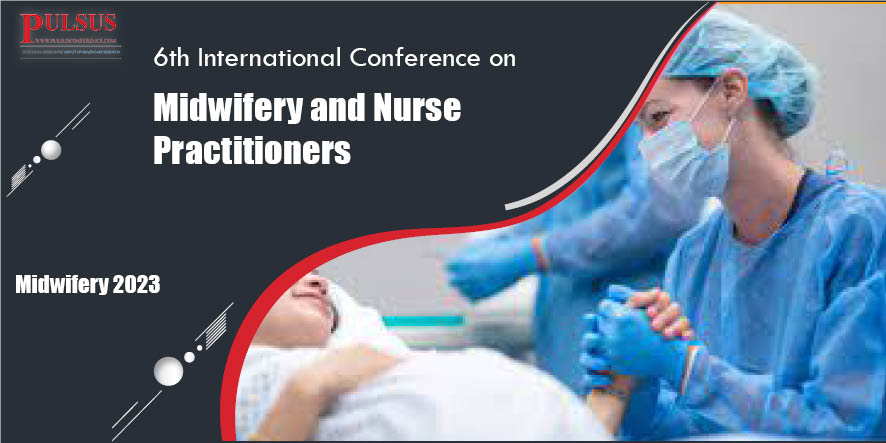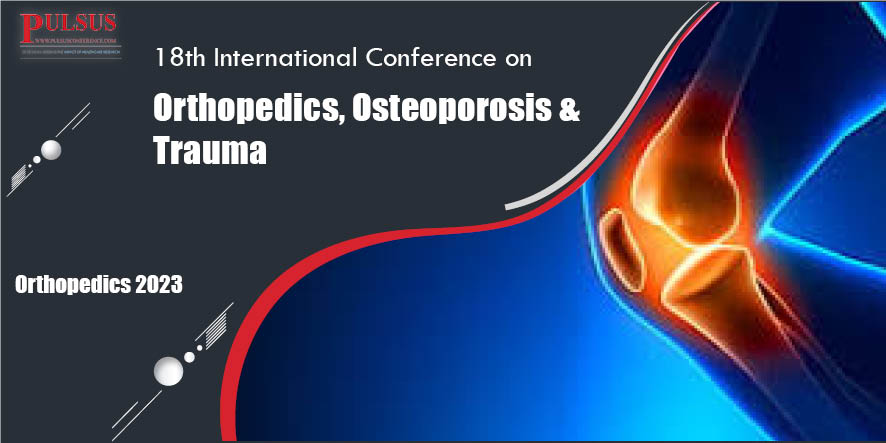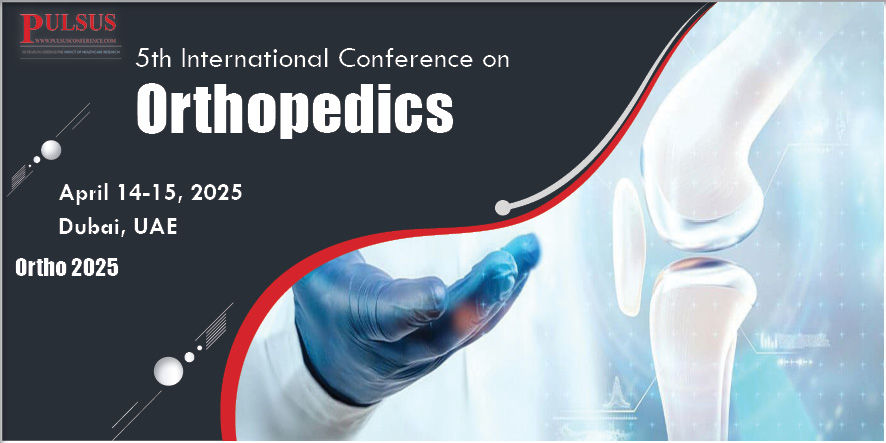About Chemistry Conferences
Chemistry Conferences 2023 | Chemistry Conference | Biochemistry Conference | Inorganic Chemistry Conference | Organic Chemistry Conference | Analytical Chemistry Conference | Medicinal Chemistry Conference | Industrial Chemistry Conference | Quantum Chemistry Conference | Electrochemistry Conference | Environmental Chemistry Conferences | Chemistry Events | Chemistry Meetings | Biochemistry Congress
Chemistry is the branch of science that deals with the properties, composition, and reactions of matter. It is a fundamental discipline that contributes to our understanding of the world around us, from the composition of the air we breathe to the development of new materials and medicines. In this blog, we will discuss the importance of chemistry, its different sub-disciplines, and its applications in various fields.
Chemistry plays a vital role in our daily lives, contributing to a wide range of fields such as medicine, energy, agriculture, and materials science. It helps us understand the properties of matter and how it interacts with other substances, allowing us to create new materials and technologies. Chemistry is also crucial in understanding and solving environmental problems such as pollution and climate change.
For layout, Chemistry clarifies plant progress (botany), fluid shake course of activity (geology), how look at ozone is made, and hurts are smashed (environment), how pharmaceuticals work (pharmacology), the qualities of lunar soil (cosmochemistry), and collecting DNA illustrate at a wrongdoing scene.
Chemistry Conferences 2023 | Chemistry Conference | Biochemistry Conference | Inorganic Chemistry Conference | Organic Chemistry Conference | Analytical Chemistry Conference | Medicinal Chemistry Conference | Industrial Chemistry Conference | Quantum Chemistry Conference | Electrochemistry Conference | Environmental Chemistry Conferences | Chemistry Events | Chemistry Meetings | Biochemistry Congress
The word Chemistry springs from an assortment of the word hypothetical chemistry, which said an antiquated run of disciplines that included Chemistry, metallurgy, considering, valuable stone looking, space science, charm, and pharmaceutical. Hypothetical chemistry is commonly related to the will to transmute lead or other base metals into gold, but chemists were as well captivated by different advanced chemical concerns.
Every minute thing you see, scent, touch, and taste are dependent / based totally on Chemistry. Chemical examiners apply their information to superior our success, the environment, and our day to day lives, whether they're analyzing the Chemistry of life or making the complex science behind advanced progressions.
The word "Chemistry" has its roots in the concept of hypothetical chemistry, which encompassed a range of ancient disciplines such as Chemistry, metallurgy, alchemy, astrology, astronomy, magic, and medicine. Hypothetical chemistry was primarily associated with the pursuit of transmuting base metals like lead into gold, but chemists were also intrigued by various other advanced chemical phenomena.
It is fascinating to note that Chemistry plays a fundamental role in everything we perceive through our senses - what we see, smell, touch, and taste. Chemical researchers utilize their knowledge to enhance our well-being, protect the environment, and contribute to our everyday lives. Their work spans from studying the intricate chemistry of living organisms to revealing the underlying principles behind technological advancements.
1. Analytical Chemistry: Analytical chemistry involves the use of various techniques and methods to identify and quantify chemical compounds and elements in a sample. Physical chemistry deals with the study of the physical properties and behavior of matter, including chemical reactions and energy transfer. Biochemistry focuses on the chemical processes occurring within living organisms, including the structure and function of biomolecules such as proteins, nucleic acids, and carbohydrates.
2. Biochemistry: Biochemistry is concerned with understanding the structure, composition, and chemical reactions of substances such as proteins, nucleic acids, carbohydrates, and lipids that make up living systems. It aims to explain how these molecules interact with each other and with other cellular components to carry out essential functions such as metabolism, growth, and reproduction. Biochemistry has many practical applications in medicine, agriculture, and biotechnology.
3. Chemical Engineering: Chemical engineers use their knowledge of chemistry, physics, and mathematics to develop new materials, processes, and products that can be used in a wide range of industries such as pharmaceuticals, energy, food and beverage, and consumer goods. They work in the development of new technologies for the synthesis and processing of chemicals, fuels, and materials. Chemical engineering involves translating laboratory-created structures into practical applications for large-scale industrial production. This includes designing and optimizing chemical reactors, developing separation processes, and designing equipment for large-scale production. Chemical engineers also work on developing sustainable processes that minimize waste and energy consumption.
4. Inorganic Chemistry: Inorganic compounds are those that do not contain carbon-hydrogen bonds, such as metals, minerals, and organometallic compounds. Inorganic chemistry is concerned with the investigation of the properties and behavior of these compounds, including their structure, bonding, and reactivity. This field plays a crucial role in developing new materials and technologies for a wide range of applications, including electronics, energy storage, and catalysis. Inorganic chemists use a variety of techniques and methods to study these compounds, including spectroscopy, crystallography, and electrochemistry. They also work on synthesizing new inorganic compounds with unique properties that can be used in various applications.
5. Organic Chemistry: Organic chemistry is concerned with the investigation of the structure, properties, and reactions of these compounds, including their synthesis and characterization. Organic compounds are found in a wide range of natural and synthetic materials, including pharmaceuticals, plastics, textiles, and fuels. Organic chemistry plays a critical role in developing new materials and technologies that benefit society. Organic chemists use a variety of techniques and methods to study these compounds, including spectroscopy, chromatography, and crystallography. They also work on developing new synthetic methods for producing organic compounds and materials with specific properties.
6. Physical Chemistry: Physical chemistry combines principles from both physics and chemistry to understand the fundamental properties and behavior of molecules, atoms, and chemical reactions. It seeks to explain the mechanisms underlying chemical reactions, including the rates at which they occur and the factors that influence their outcomes. Physical chemists use various theoretical and experimental techniques to study topics such as thermodynamics, quantum mechanics, spectroscopy, and kinetics. They investigate the interactions between molecules, the transfer of energy during chemical reactions, and the formation and breaking of chemical bonds. The knowledge gained from physical chemistry has practical applications in fields such as materials science, environmental science, and drug discovery.
7. Agricultural Chemistry: The field of agriculture Science, which focuses on understanding and managing the interactions between humans, organisms, and the environment in agriculture areas. Agriculture Science encompasses various aspects related to the absorption process, organisms, diseases, and interactions between wild and domesticated organisms in agriculture environments.
One key area of study in agriculture Science is soil and water quality. Researchers examine the composition, fertility, and contamination levels of soils and water sources in agriculture areas. They investigate factors such as nutrient levels, pollution, and the impact of agricultural practices on soil and water quality.
Another important aspect is the study of agricultural inputs such as fertilizers and crop protection chemicals. Researchers analyze the effects of these inputs on the environment, including their impact on soil health, water quality, and biodiversity. They also assess the potential risks associated with the use of these chemicals and develop strategies for sustainable agricultural practices.
Agriculture Science also encompasses the study of animal health in agriculture areas. This includes investigating diseases that affect livestock and wildlife populations and understanding the interactions between wild and domesticated organisms. Researchers aim to develop methods for disease prevention, management, and control to ensure the health and well-being of animals in agriculture environments.
8. Green Chemistry or Sustainable Chemistry: Environmental chemistry focuses on studying the effects of polluting chemicals on the environment. It involves analyzing the behavior, fate, and impact of chemicals in various environmental compartments, such as air, water, soil, and biota. Environmental chemists study the sources and pathways of pollutants, their transformation and degradation processes, and their potential risks to ecosystems and human health. By understanding the behavior of pollutants, environmental chemists can assess and mitigate their environmental impact, develop strategies for pollution prevention and control, and contribute to the development of environmental regulations.
9. Supramolecular Chemistry: supramolecular nanotechnology, which involves the design and synthesis of nanoscale structures that mimic complex biological systems found in living organisms. Supramolecular nano capsules are one example of such structures, and they have gained significant interest in various areas of research, including biomedicine, bio-imaging, catalysis, and energy research.
10. Geochemistry/Marine Chemistry: Geochemistry explores the chemical processes occurring in various Earth systems, including oceans, solid earth, lakes, polar ice caps, the atmosphere, marine life forms, meteorites, and even the solar system. It investigates the distribution, abundance, and cycling of elements and compounds within these systems. Geochemists study the interactions between rocks, minerals, water, air, and living organisms to understand the chemical composition and processes that shape our planet. They examine the sources and sinks of elements and compounds, as well as the chemical reactions and transformations that occur over geological timescales. Geochemistry plays a crucial role in understanding Earth's history, predicting natural hazards, and assessing environmental impacts.
Chemistry Conferences 2023 | Chemistry Conference | Biochemistry Conference | Inorganic Chemistry Conference | Organic Chemistry Conference | Analytical Chemistry Conference | Medicinal Chemistry Conference | Industrial Chemistry Conference | Quantum Chemistry Conference | Electrochemistry Conference | Environmental Chemistry Conferences | Chemistry Events | Chemistry Meetings | Biochemistry Congress
Market Analysis:
Chemistry Conferences 2023 | Chemistry Conference | Biochemistry Conference | Inorganic Chemistry Conference | Organic Chemistry Conference | Analytical Chemistry Conference | Medicinal Chemistry Conference | Industrial Chemistry Conference | Quantum Chemistry Conference | Electrochemistry Conference | Environmental Chemistry Conferences | Chemistry Events | Chemistry Meetings | Biochemistry Congress
Metrics:
Pulsus Group is a prominent organizer of scientific conferences that cover a wide range of disciplines, including science, technology, and business. The success of their conference series greatly relies on their ability to engage with the online community. In today's digital age, having a strong online presence is crucial in ensuring the success of international gatherings, whether they are focused on research, academia, or industry.
By reaching out to an online audience, Pulsus Group is able to create a global platform for knowledge sharing and collaboration. This not only enhances the visibility of the conferences but also facilitates meaningful interactions among participants from diverse backgrounds and geographical locations. The inclusion of an online audience expands the reach and impact of these conferences, making them truly international in nature.
The use of technology has revolutionized the way scientific conferences are organized and attended. With the ability to participate remotely, attendees are no longer limited by geographical constraints or travel costs. This has made it easier for researchers, academics, and industry professionals from around the world to connect, exchange ideas, and contribute to advancements in their respective fields.
Pulsus Group recognizes the significance of embracing technology and leveraging the power of the online community to foster innovation and drive progress in science, technology, and business. Their commitment to engaging with a wide audience sets them apart as a leading force in organizing successful and impactful scientific conferences.
Overall, the inclusion of an online audience has transformed the way scientific conferences are organized and attended. It has expanded the reach and impact of these events, making them more accessible and inclusive. As technology continues to evolve, the use of online platforms in scientific conferences will only continue to grow, further enhancing the impact and success of these gatherings.


Chemistry Conference Pulsus Conferences
